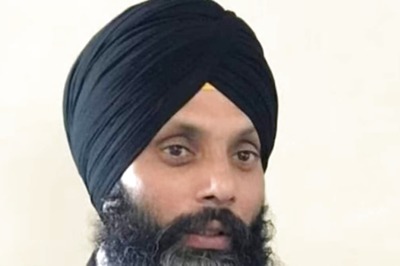
views
Sydney: Older people cannot lie as convincingly as younger people and are worse at detecting when others are lying, a study says.
Psychology researchers Ted Ruffman, Janice Murray and Jamin Halberstadt, from the University of Otago in New Zealand, compared young and older adults' skills at deception as judged by listeners within and outside their age group.
The study involved 60 participants being shown video clips of 20 people expressing their actual or false views on topical issues such as factory farming and stem cell use in humans, reports the journal Psychology and Aging.
Ten of the speakers were aged 30 or under and 10 were 60 or over. Two clips of each speaker were shown -- one in which they were lying, and the other being truthful, according to an Otago statement.
The 60 listeners, who consisted of two equal-sized groups with average ages of 21 and 71, were asked to determine if the person in each clip was being truthful or lying.
Associate professor Halberstadt says the results of the lie detection test showed that both young and older listeners found it easier to differentiate truths and lies when the speaker was an older adult.
"It could be that older people are less convincing liars because the kinds of cognitive abilities required for successful deceit are also those that tend to deteriorate with age," he says.
Lying places demands on memory and planning ability (keeping story facts straight) and on social understanding - judging whether a particular argument will convince a listener - as well as keeping track of a listener's response as the lie unfolds to potentially alter the argument.
"In our study, we also found that older participants in the lie detection test were not as good as their younger counterparts at differentiating between lies and truths," he said.
PAGE_BREAK




















Comments
0 comment